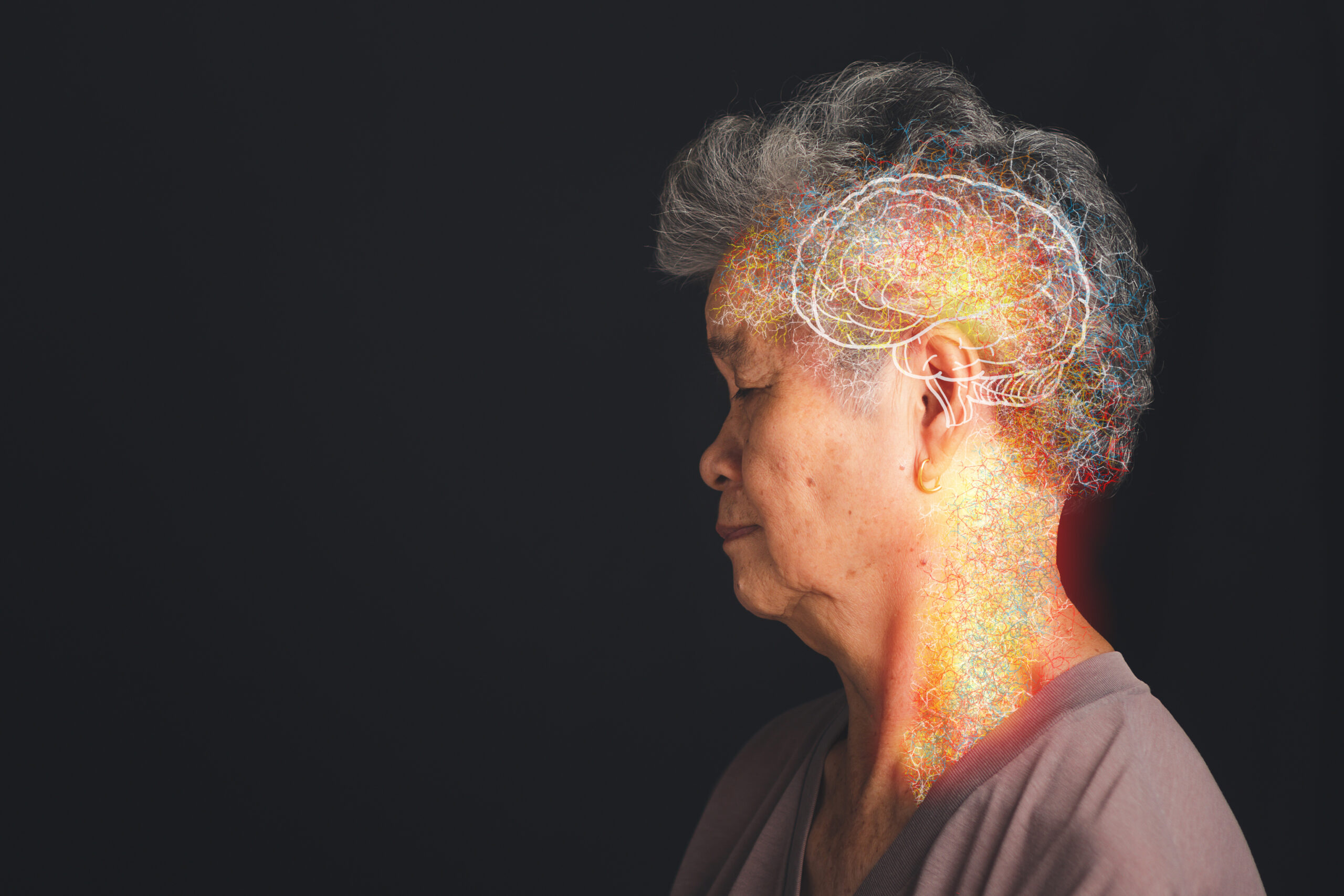Can Gene Therapy Prevent Alzheimer’s in High-Risk Individuals
Alzheimer’s disease is a debilitating neurodegenerative disorder that affects millions of people worldwide. It is the most common cause of dementia, and as of now, there is no cure for this progressive disease. People with Alzheimer’s experience memory loss, confusion, difficulty with daily tasks, and changes in behavior and personality. While the exact cause of Alzheimer’s is still unknown, research has shown that genetics play a significant role in its development. This brings us to the question – can gene therapy be used to prevent Alzheimer’s in high-risk individuals?
To understand how gene therapy can potentially prevent Alzheimer’s, we first need to understand what it is and how it works. Gene therapy is a relatively new and promising field of medicine that involves using genes to treat or prevent diseases. It works by delivering healthy copies of a gene to replace or correct the defective ones responsible for causing a disease. In the case of Alzheimer’s, gene therapy can target the genes associated with the development and progression of the disease.
One of the primary genes linked to Alzheimer’s is the Apolipoprotein E (APOE) gene. This gene provides instructions for making a protein that helps carry cholesterol and other fats in the bloodstream. There are three major forms of this gene – APOE2, APOE3, and APOE4. The APOE4 variant has been identified as a significant genetic risk factor for Alzheimer’s. People who inherit one copy of the APOE4 gene have an increased risk of developing Alzheimer’s, while those who inherit two copies have an even higher risk.
Now, you might be wondering, how does gene therapy come into play here? Well, scientists have been studying the potential use of gene therapy to modify the APOE gene, specifically the APOE4 variant. The goal is to eliminate or reduce the production of the APOE4 protein and replace it with the APOE2 or APOE3 protein, which are considered protective against Alzheimer’s.
In 2019, a study published in the journal Neuron showed promising results in using gene therapy to prevent Alzheimer’s. The study used a virus-based gene therapy to deliver healthy copies of the APOE gene to the brains of mice with Alzheimer’s-like symptoms. The researchers found that this treatment effectively reduced the levels of the toxic beta-amyloid protein, which is a hallmark of Alzheimer’s. It also improved the cognitive function and memory of the mice.
Following this study, a clinical trial is currently underway to test the safety and efficacy of this gene therapy treatment in humans. This trial, called the AAVonAPOE4 Phase 1 clinical trial, is being conducted by the biotechnology company, GenSight Biologics. The study aims to enroll 18 participants with early-stage Alzheimer’s disease who have two copies of the APOE4 gene. The participants will receive a one-time injection of the gene therapy vector into the fluid surrounding their brain. The researchers will then monitor the participants for one year to evaluate the safety and potential benefits of the treatment.
While these studies show promising results, it is essential to note that gene therapy for Alzheimer’s is still in its early stages. There are still many challenges and limitations to overcome before it can be considered a viable treatment option. Some of these challenges include developing more precise and efficient delivery methods for the gene therapy, as well as ensuring its safety and long-term effectiveness.
Another important consideration is that not all cases of Alzheimer’s are solely caused by genetics. Environmental and lifestyle factors also play a significant role in the development of this disease. Therefore, even if gene therapy proves to be successful in preventing Alzheimer’s in high-risk individuals, it may not be a universal solution for everyone.
In conclusion, while research on using gene therapy to prevent Alzheimer’s in high-risk individuals is still in its early stages, the results so far are promising. However, it is important to approach this potential treatment option with caution and to continue conducting thorough research and clinical trials to understand its long-term safety and effectiveness fully. In the meantime, it is crucial to focus on maintaining a healthy lifestyle, including regular exercise, a balanced diet, and mental stimulation, as these have been shown to help reduce the risk of developing Alzheimer’s.





